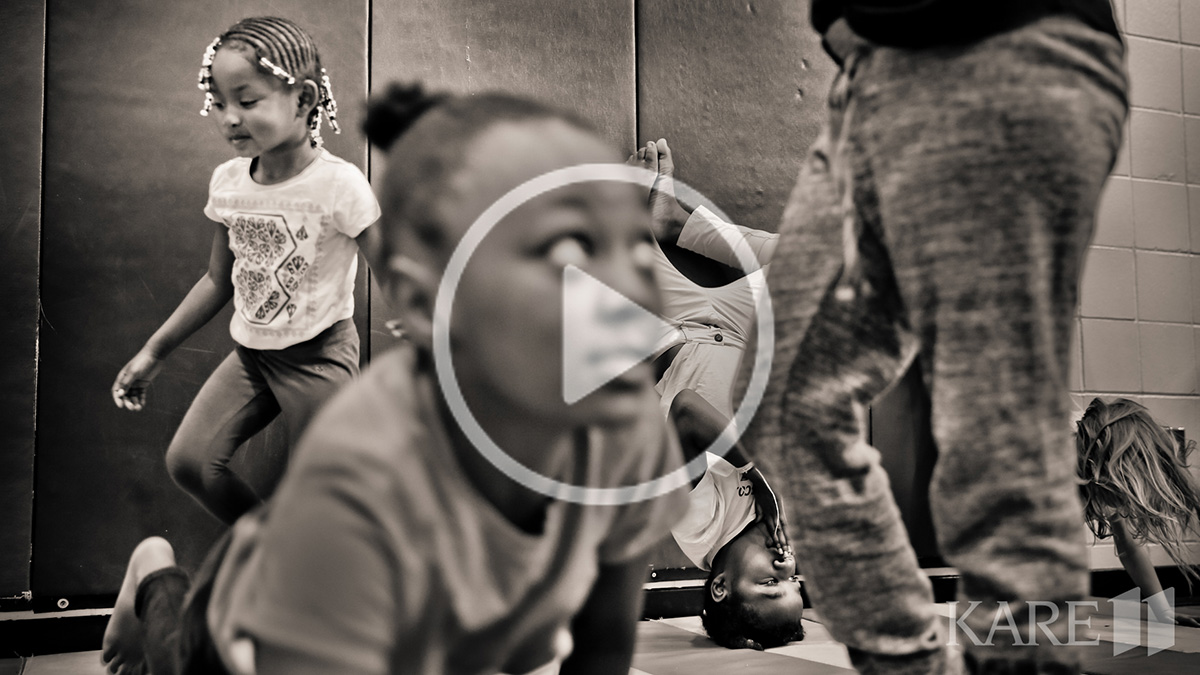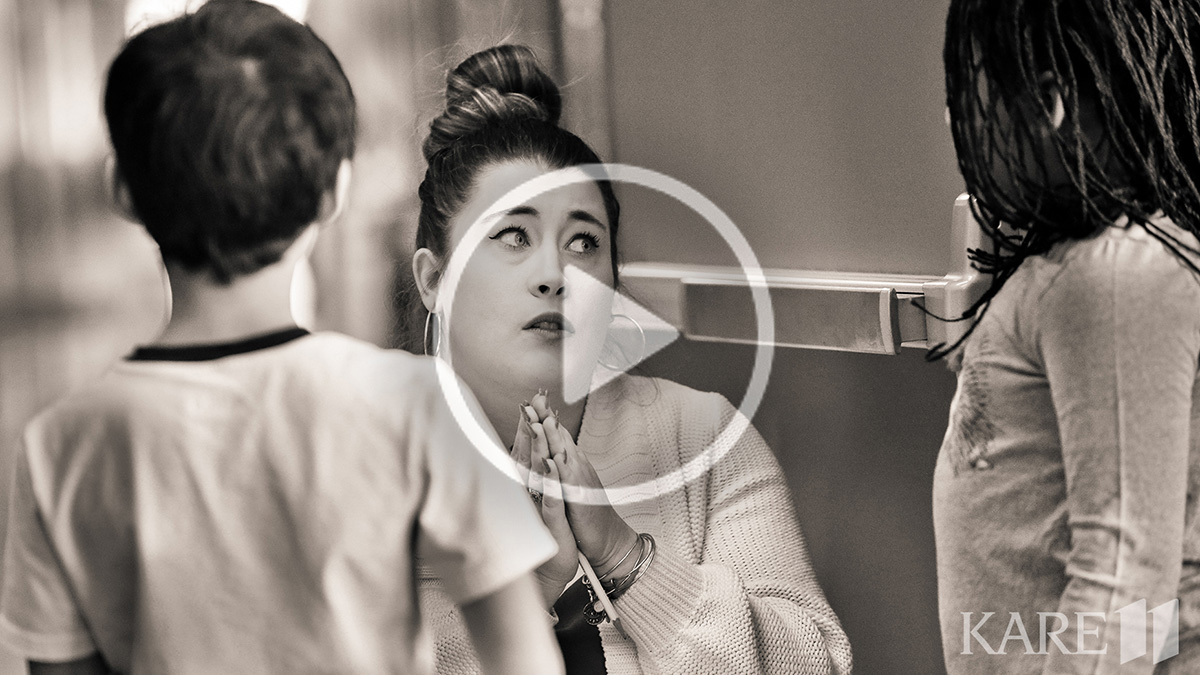Education
Discussion
“Love them First: Lessons from Lucy Laney” follows a courageous principal's journey as she confronts critical issues surrounding the public education system in the United States today. The challenges within Lucy Laney school are not exclusive to North Minneapolis but are systemic across school systems in every corner of our country.
Spark informed conversations with your own screening.
Themes From The Film
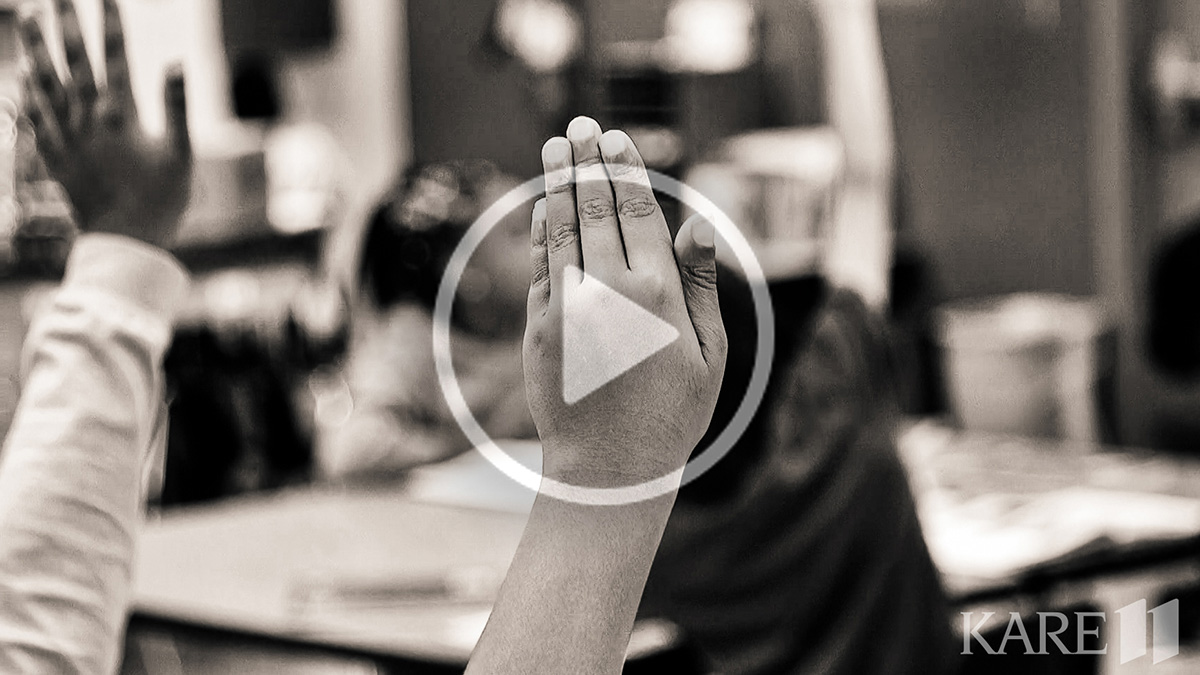
AAVE
African American Vernacular English, or AAVE, refers to the distinctive dialect historically spoken by African Americans, a style formerly known as Ebonics. Educators at Lucy Laney Elementary invite you to listen to their own linguistic revolution, how teachers honor the home dialect of students at a school where more than 90 percent of kids are African American.
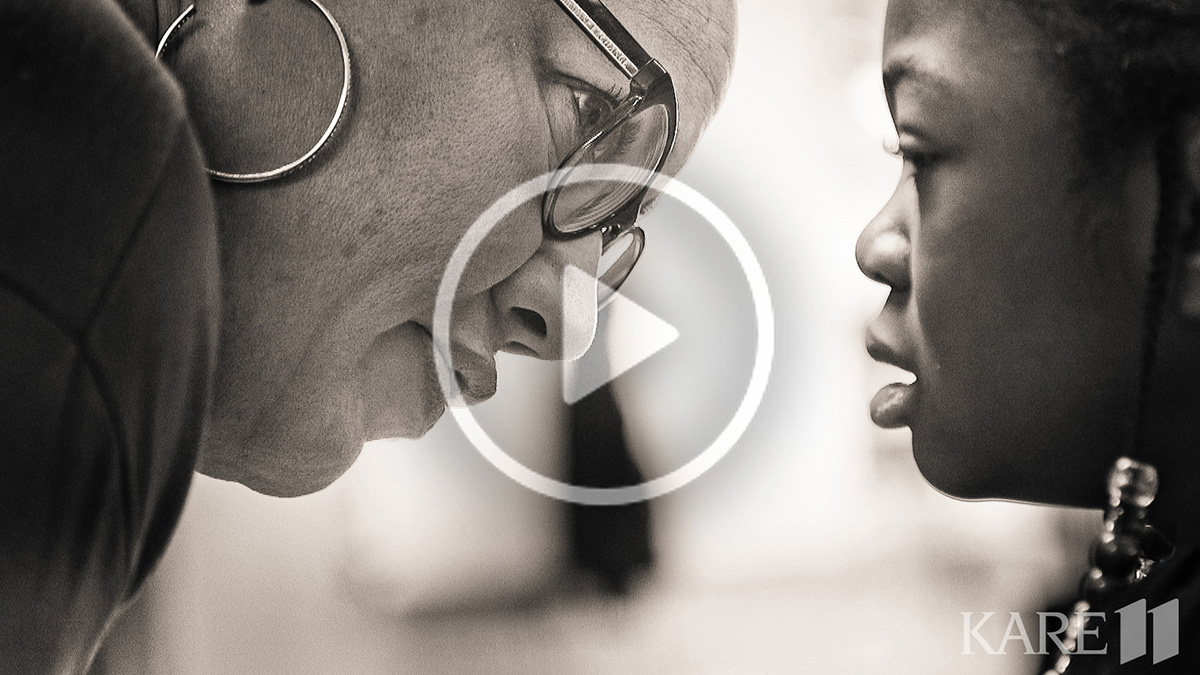
Suspensions
Lucy Laney school once had more than 700 student suspensions in one school year, but now, after addressing student trauma, educators have achieved a 97 percent decrease in suspensions over five years. Instead of sending students home, Lucy Laney tries to keep disciplinary action within the school to keep a population of students in vulnerable situations safe and learning.

Trauma
An estimated 90 percent of Lucy Laney students live in poverty, and the students at the school collectively account for the highest number of cases child protection within the Minneapolis Public School district. At one point, when suspensions were almost as high as the number of students in the school, Minneapolis Public Schools assigned Dr. Anne Gearity, a renowned child psychologist specializing in trauma, to mentor Mauri Friestleben.

Race
Principal Friestleben is the daughter of a black father and white mother, and while she struggled to accept her identity as a child, she's come to see how her background is a superpower in a school where black students make up 85 percent of the student body, with children of color accounting for 95 percent of the Lucy Laney's student population.
“Being mixed has really helped me to make people feel safe no matter who they are,” said Friestleben.
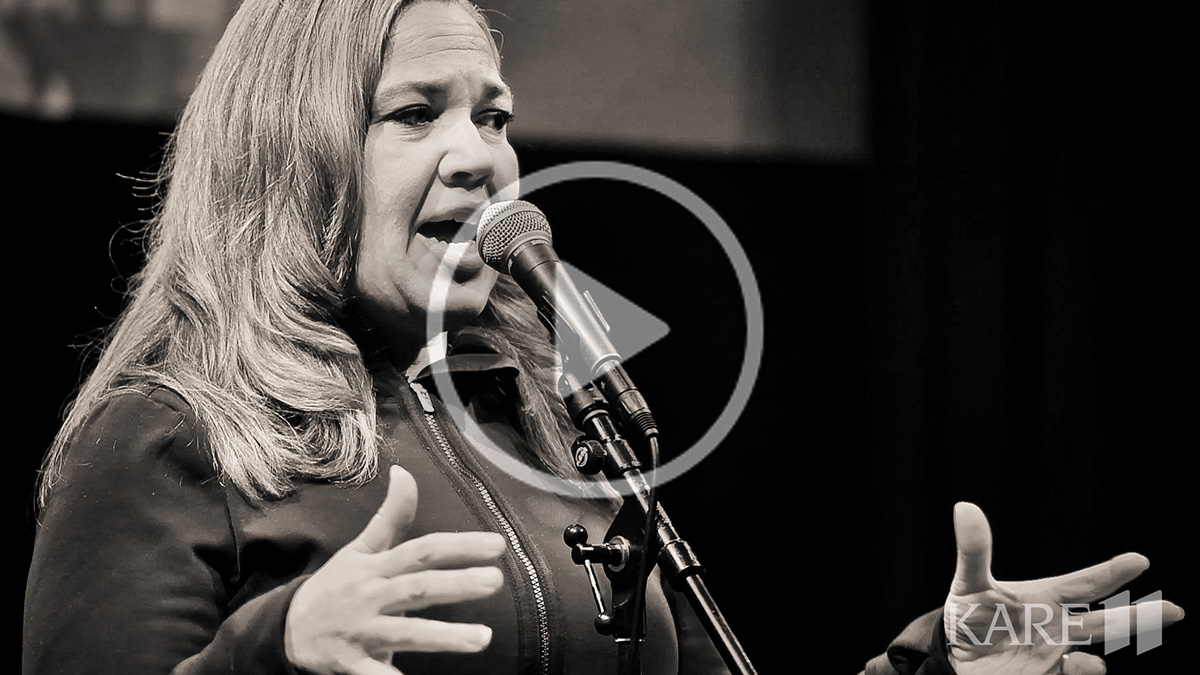
Standardized Testing
Lucy Laney school has been labeled as a "failing school" for 18 consecutive years, after student standardized tests in reading and math place the school in the bottom five percent of schools in Minnesota. Whether under the No Child Left Behind designations, or under the current school accountability system, Every Student Succeeds Act (ESSA), Lucy Laney school is among 34 schools Minnesota identified for the highest level of support in Minnesota.
Since 2014, Lucy Laney students have made consecutive significant gains in their standardized testing and proficiency rates, improving on math and reading scores with each year, an unprecedented tick upwards never seen before in the school's history, since it opened in 1999.
Still, the progress isn't enough for the school to move beyond the state's list of failing schools.
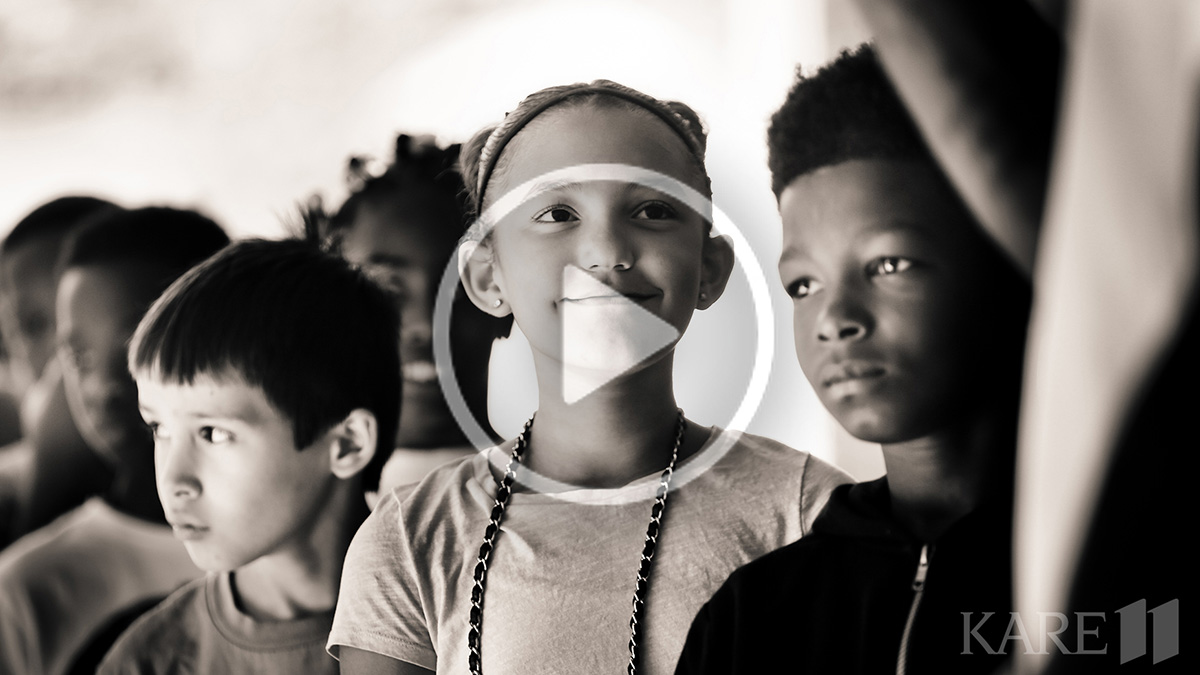
Positive School Culture
When Mauri Melander Friestleben found herself assigned a position as principal of Lucy Laney school, she found herself just blocks away from where she endured a difficult childhood. She once vowed to never return to the site of her painful past, but once standing before her students, many who face the same trauma she did, Friestleben knew she was brought back to North Minneapolis for a greater purpose. Friestleben realized her students couldn't learn unless they felt a keen sense of love and belonging.
“They are loved here, and embraced here and this is their tribe,” said Friestleben. “They begin to internalize that they are part of something bigger.”


